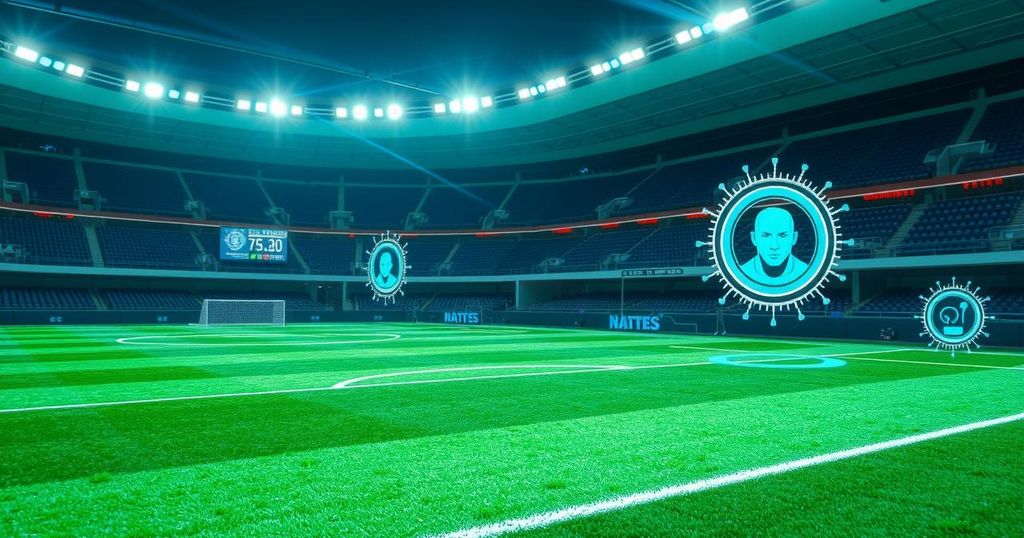AI Revolutionizes Football Scouting: Brazil Sets the Pace
AI is revolutionizing football scouting in Brazil by helping talent scouts find young players through apps like Footbao and Cuju, enabling easier identification of skills and potential. Footbao reports over 100,000 young players registered, with some achieving training opportunities abroad.
Artificial intelligence is making waves, and it’s not just in tech or finance anymore; it’s also stepping onto the football pitch. As AI grips various industries, its touch is being felt in the roiling world of sports, and Brazil, a football-loving nation, is a prime example of this trend. With advancements in technology, talent scouts are finding new ways to spot the football stars of tomorrow.
The landscape of sports is evolving rapidly—teams in the NFL are harnessing AI to track player movements through sensors in their gear, and tennis is seeing automated line calling. In Brazil, where football reigns supreme, tools like AI are providing talent scouts with invaluable assistance. Enter Footbao, a platform that allows young players to assemble portfolios showcasing their skills through video clips.
Footbao’s clever use of machine learning analyzes these clips to help teams filter through talent based on what they need at that moment. It’s claimed that the app has attracted over 100,000 players, with a significant number hailing from Brazil. “This helps clubs find players who match their needs more accurately — all at a national scale and with much greater precision,” stated Nick Rappolt, the CEO of Footbao, in an interview with the Financial Times.
Brazil is a football powerhouse, rich with talent and history—a fitting backdrop for such cutting-edge applications. Yet, glaring inequalities exist with access to quality training facilities not always equitable, particularly for players from lower-income areas. Thankfully, technology has created pathways for gifted youngsters to be seen without the need for elite training grounds.
In an impressive recent achievement, Footbao managed to shortlist five Brazilian teens from a pool of 2,000, who were then sent to Italy to train with Serie A’s Lecce. This is just one example of how these digital platforms can dramatically alter a young player’s trajectory.
Cuju, another AI-powered platform, made its debut in Brazil last year, funded by the German agency Rogon. This app asks users to demonstrate their skills through various exercises, uploading clips to a database. The AI then benchmarks these against players worldwide. As Rogon’s chief marketing officer, Sven Muller, points out, “You can compare the exact same skills or exercises from a kid in Brazil with a kid in Malaysia or the United States with Africa,’ highlighting the potential for a standardized comparison.
While these pioneering apps are gaining traction at the grassroots level, the anticipation builds to see how AI can further infiltrate the football realm, not just for uncovering new young prospects but also in educating and enhancing the abilities of seasoned players across the globe.
Artificial intelligence is shaking up the traditional football scouting process in Brazil, offering innovative platforms like Footbao and Cuju that spotlight the talents of young players. With over 100,000 registrations on Footbao and impressive pathways like training stints in Italy for select youths, the impact is palpable. As technology democratizes access to opportunities, the next question is how AI can reshape football globally, at all levels, not just the youth scene.
Original Source: www.firstpost.com




Post Comment